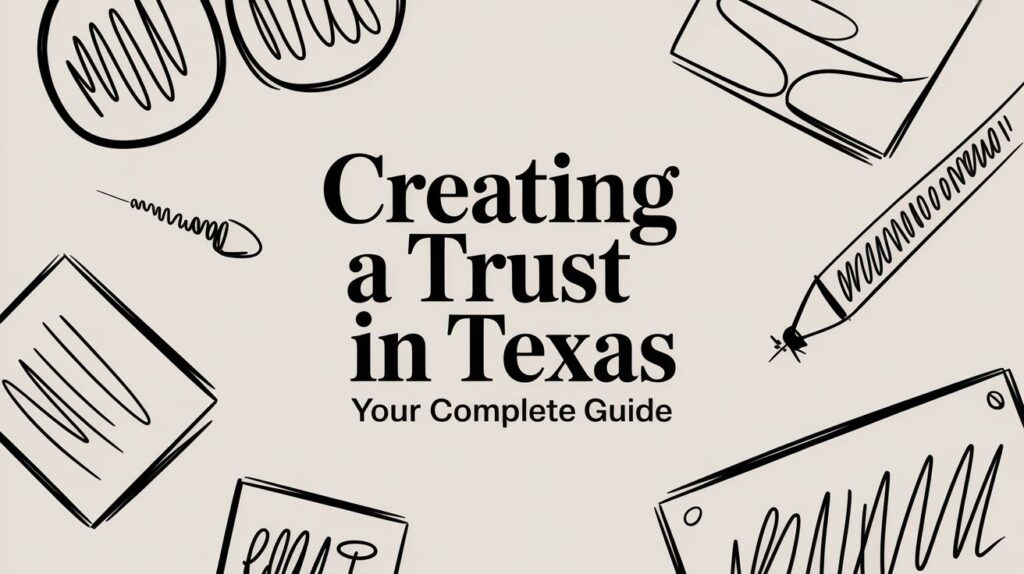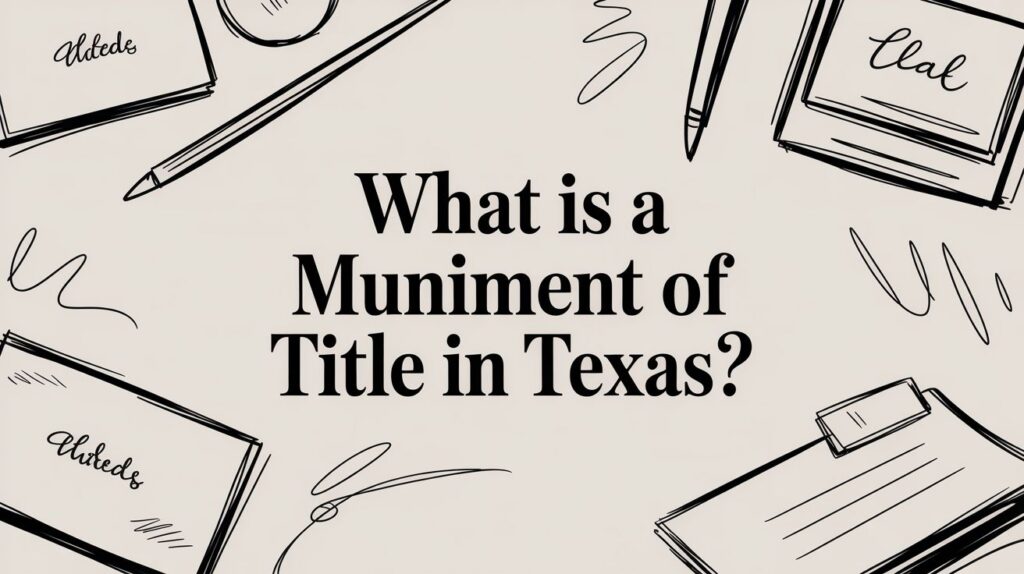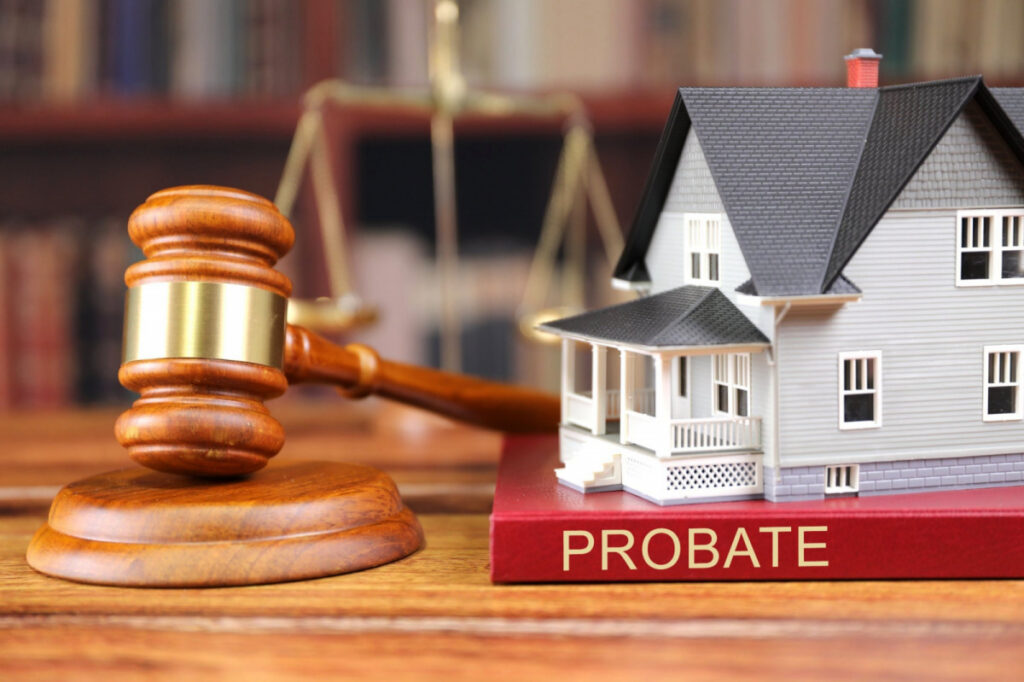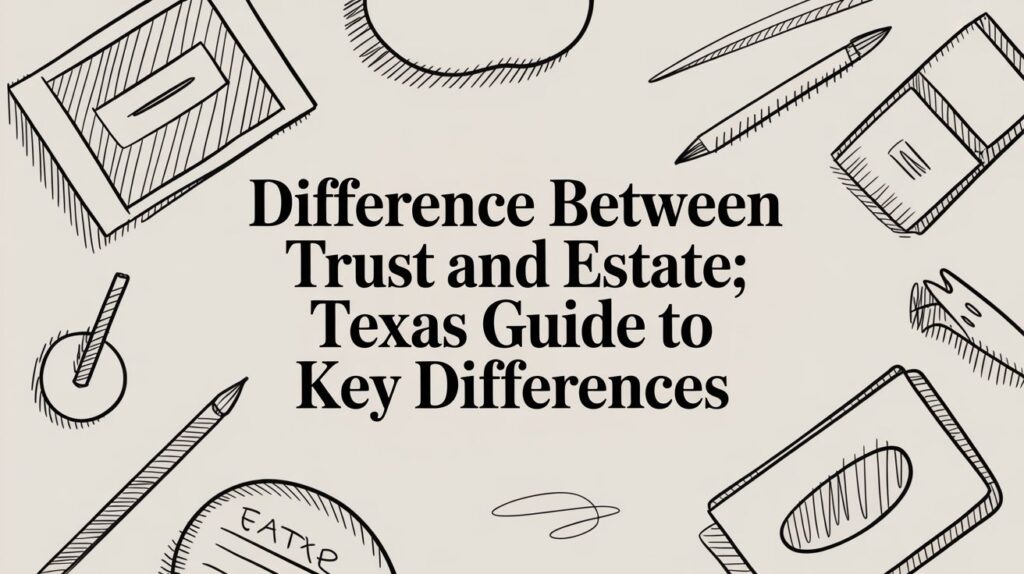Dealing with the loss of a loved one is hard enough. But when their estate enters the legal process known as probate, emotions can run even higher—especially when disagreements erupt. Understanding common probate court disputes and resolutions is essential if you’re navigating a contested estate, trying to interpret a will, or stepping into the role of executor or beneficiary.
This guide walks you through the most common disputes in probate court and how they’re resolved. We’ll mix in real-life scenarios, practical advice, and legal insights to help you better prepare for what could become a drawn-out battle. By the time you finish reading, you’ll have a clearer view of what causes these conflicts—and more importantly, how to handle them without tearing your family apart.

What Is Probate, and Why Do Disputes Arise?
The Basics of Probate Court
Probate is the legal process through which a deceased person’s assets are distributed, debts are paid, and their will (if one exists) is validated. If there’s no will, the estate is divided according to state intestacy laws.
The court’s role includes:
- Confirming the validity of a will
- Appointing an executor or administrator
- Supervising the distribution of assets
- Ensuring debts and taxes are paid
Unfortunately, the probate process isn’t always smooth. Common probate court disputes tend to surface when family members have conflicting expectations, vague wills, or long-standing emotional tensions.
Understanding the legal structure and emotional weight of probate gives insight into why so many families clash in courtrooms across the country.
Real-Life Story: Two Brothers, One Farm
After their father passed away, brothers Kyle and Ethan expected a clean distribution of their father’s estate, which included a family farm. The will said the property would go to “both sons equally.” Kyle wanted to sell the farm and split the profits, but Ethan, who had lived on the land for years, believed he should retain ownership.
When negotiations failed, the matter ended up inprobate court.
The judge ultimately ruled that the property be sold and the money divided, but only after months of emotional testimony, lawyer fees, and ruined family ties.
Their story reflects just one example of how common probate court disputes and resolutions can become emotionally and financially draining when clarity and communication are lacking.
Dispute #1: Will Contests
Questioning the Document Itself
One of the most common probate court disputes is when someone challenges the validity of the will. These are called will contests, and they can delay or derail the entire probate process.
Grounds for a will contest include:
- Lack of testamentary capacity (the person wasn’t of sound mind)
- Undue influence (someone pressured or manipulated the person into changing their will)
- Fraud or forgery
- Failure to meet legal formalities (like proper witnessing or signatures)
Disputes over wills often arise when:
- The will was created late in life or under suspicious circumstances
- A new will surfaces that contradicts earlier versions
- A family member was unexpectedly excluded
Courts take will contests seriously and require substantial evidence. Emotional suspicion isn’t enough—you need proof.

Dispute #2: Executor Misconduct or Conflict
When the Person in Charge Becomes the Problem
Another common source of tension in probate court is executor misconduct. The executor has a fiduciary duty to act in the best interest of the estate and all beneficiaries. But not everyone fulfills that role with integrity or competence.
Common complaints against executors include:
- Mismanaging estate assets
- Delaying distribution without cause
- Withholding information
- Favoring one beneficiary over another
- Using funds for personal expenses
In extreme cases, an executor can be removed and replaced. Beneficiaries may also sue the executor for damages.
Understanding common probate court disputes and resolutions in this context means watching for red flags early. If the executor seems overwhelmed or dishonest, don’t wait—raise the issue with the court.
Dispute #3: Ambiguity in the Will
When Wording Opens the Door to Conflict
Some wills are clear and detailed. Others are riddled with vague language that leaves room for interpretation—and disagreement.
Examples of ambiguous language include:
- “I leave my belongings to my children” – Who counts as a “child”? Biological? Stepchildren?
- “My house goes to whoever needs it most” – Who decides need?
- “Divide assets fairly” – What does “fairly” mean?
In such cases, the court must interpret the intent of the deceased. This often involves:
- Reviewing past versions of the will
- Considering testimony from those who knew the deceased
- Examining letters, emails, or other communications
Because ambiguity can open the door to major conflicts, having a well-drafted will is the best prevention. But if you’re already involved in one of these disputes, understanding how courts resolve them helps you prepare your case.
Dispute #4: Claims by Disinherited Heirs
When Someone Feels Wrongfully Left Out
Another major category of common probate court disputes involves disinherited heirs—relatives who were either left out of the will or received less than expected.
Typical scenarios include:
- A child who receives nothing, while siblings inherit everything
- A new spouse who inherits more than adult children
- An estranged relative named in an old will but removed from a newer one
In these cases, the disinherited party may claim:
- The deceased was manipulated
- The will doesn’t reflect true intent
- A prior agreement or promise was made (and broken)
Courts generally uphold the terms of a valid will. However, a well-documented claim can still make waves—sometimes resulting in settlements, modifications, or mediation before final judgment.
Dispute #5: Disputes Over Non-Probate Assets
When the Court Has Limited Jurisdiction
Some property passes outside of probate—such as life insurance, joint tenancy real estate, or retirement accounts with named beneficiaries.
Disputes still arise when:
- A beneficiary was changed shortly before death
- Conflicts exist between a will and a beneficiary designation
- There’s a question of fraud or forgery on account forms

Since probate court doesn’t automatically control these assets, resolving disputes may involve civil litigationor mediation outside the courtroom.
Understanding common probate court disputes and resolutions includes recognizing which assets are actually subject to probate—and which aren’t.
Dispute #6: Debt Claims by Creditors
The Financial Baggage of the Deceased
Creditors have a right to file claims against the estate. These might include:
- Credit card companies
- Hospitals
- Mortgage lenders
- Personal loans
Beneficiaries are often surprised when a big chunk of their inheritance disappears to settle debts.
Disputes arise when:
- Creditors file late
- The debt is disputed or inflated
- Family members contest the legitimacy of the loan
Probate courts prioritize valid debts before distributing assets. If you’re managing an estate, it’s essential to understand which debts are legitimate—and which can be reduced or dismissed with legal support.
Real-Life Story: The Hidden Debt
Angela was set to inherit $75,000 from her uncle’s estate. But shortly after probate opened, a private lender filed a $60,000 claim for a personal loan. Angela was blindsided.
With the help of an estate attorney, she discovered the creditor had missed the filing deadline by a week. The claim was dismissed, and Angela received her full inheritance.
Her story shows how common probate court disputes over debts can swing dramatically depending on timing, paperwork, and legal action.
How to Resolve Probate Court Disputes
Litigation, Mediation, or Settlement?
Once a dispute arises, there are three primary ways it can be resolved:
- Litigation – A judge hears both sides and makes a binding decision.
- Mediation – A neutral third party helps both sides reach a voluntary agreement.
- Settlement – Parties agree to terms outside of court to avoid prolonged battles.
Each method has pros and cons:
- Litigation is often costly and emotional but necessary when compromise fails
- Mediation is faster and confidential
- Settlements can preserve family ties and reduce expenses
Knowing which path to take depends on the nature of the dispute, the willingness of parties to compromise, and the legal strength of your position.
Prevention Tips: How to Avoid Common Probate Disputes
It’s Never Too Early to Plan Ahead
Most probate battles are avoidable. Here’s how to reduce the odds of future courtroom drama:
- Create a clear, detailed, and updated will
- Use a revocable living trust to avoid probate altogether
- Communicate your intentions with heirs while you’re still alive
- Involve an estate attorney in drafting and reviewing documents
- Avoid favoritism that fuels sibling rivalry

The more transparent and comprehensive your estate plan is, the harder it is to dispute.
Understanding common probate court disputes and resolutions from a planning perspective gives you a valuable edge—and gives your family peace after you’re gone.
Final Thoughts: Navigating Probate Disputes with Clarity
When families go to probate court, emotions and legal issues often collide. Disputes over wills, executors, debts, or ambiguous language can pull loved ones into years of courtroom stress. But they don’t have to.
Understanding common probate court disputes and resolutions gives you the power to see trouble coming and respond wisely—whether you’re a beneficiary, executor, or family member caught in the crossfire.
If you’re preparing your own estate or dealing with someone else’s, don’t leave the future to chance. Start planning. Ask questions. Document everything.
Because while probate court can be complicated, your approach doesn’t have to be.








